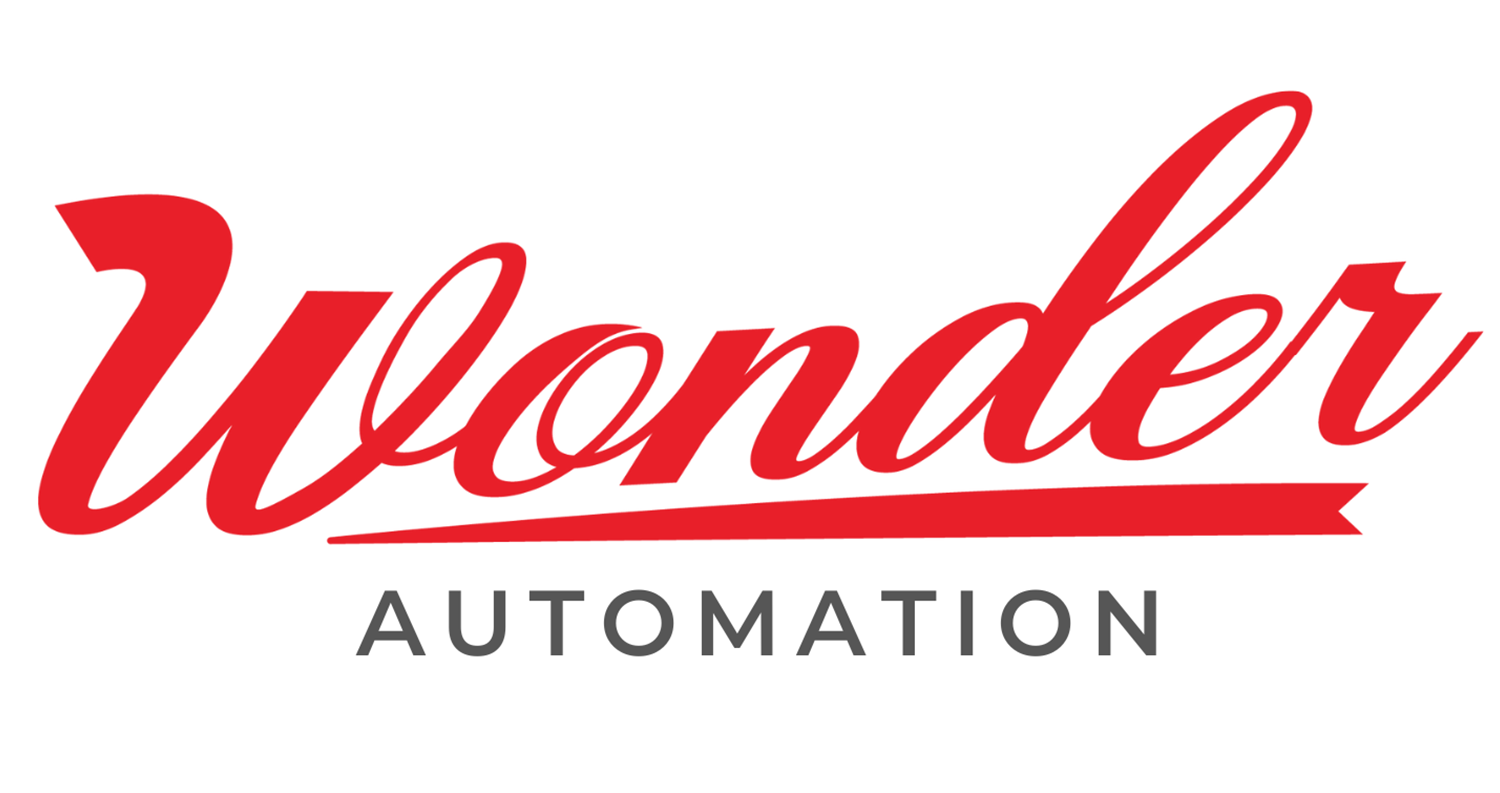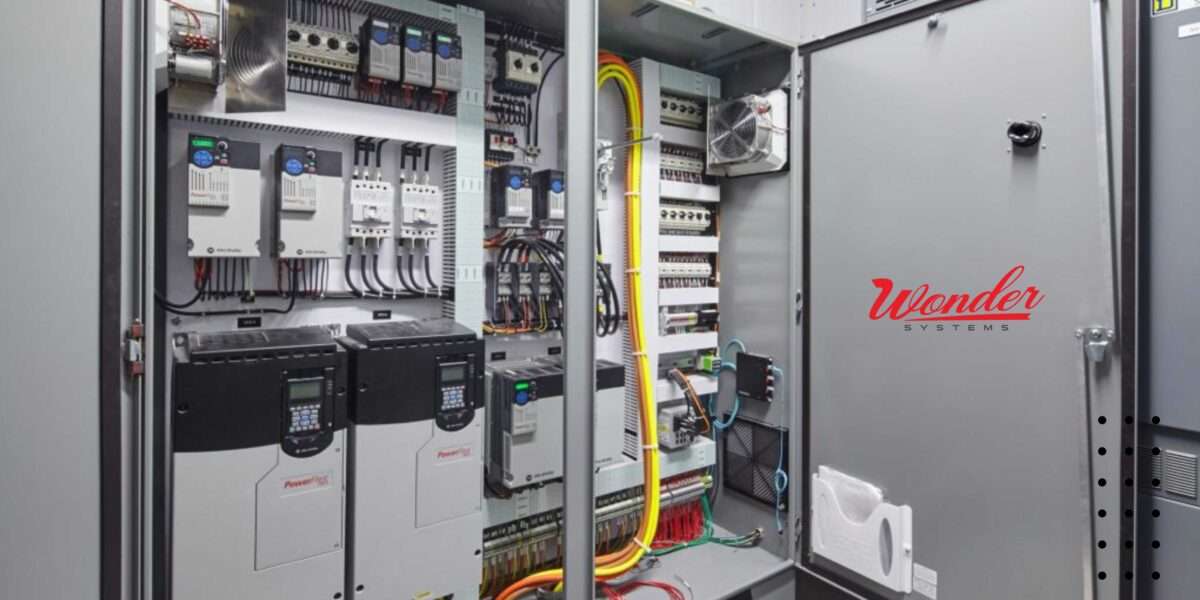In today’s industrial landscape, energy efficiency and optimal utilization of resources have become paramount. AC/DC drives play a vital role in achieving these goals by regulating the speed and torque of electric motors. However, the true potential of these drives can only be harnessed when operators and technicians are well-trained in their operation and maintenance. This article explores the significance of AC/DC drive training in maximizing efficiency, reducing energy consumption, and ensuring the longevity of electrical systems.
1. Understanding the Fundamentals of AC/DC Drives
The first step toward AC/DC driver’s maximum effect is understanding the underlying principles. The training process covers the basic steps that include
●The destination between AC and DC Drives.
●Next, how they control the motor speed.
●The varieties of drive types are available in the market.
All these steps should be covered in the training process. Operators may choose the best drive for a given application by knowing these essentials, which will increase energy efficiency and save downtime.
2. Optimizing Drive Configuration
The drive design must be correct for effective Motor control. Training sessions must focus on the various variables that can be adjusted, including voltage, current, and frequency. Operators can accurately match the motor’s output to the needed load by optimizing these setups, reducing energy waste and unneeded system wear. Choosing the proper format for a particular job can be aided by knowing how various configurations affect motor function.
3. Implementing Speed Control Techniques
AC/DC enhances efficiency by providing many speed control techniques. Training programs explore strategies such as:
●Variable frequency drives ( VFD )
●pulse-width modulation (PWM), and slip control
These techniques enable the operator to adjust motor speed based on real-time demand, eliminating the need for constant on-off switching and reducing energy spikers. Mastering their speed control methods allows operators to perform smoother operations, reduce mechanical stress, and achieve considerable energy savings.
4. Energy Monitoring and Management
The next step in this practice is proper energy management and monitoring that goes along with effective improvement. The training [process should include The use of drive-specific monitoring tools, understanding energy usage data, and seeing potential optimization opportunities. Operators can identify energy-consuming inefficiencies through routine energy audits and analysis, make data-driven decisions, and implement corrective measures to achieve maximum energy efficiency.
5. Maintenance and Troubleshooting
Maintenance is the central part in the long run of efficiency and reliability of AC/DC Drives. During the training process, you must focus on the importance of regular inspection, timely cleaning, and lubrication of the components. You should also learn about identifying early warning signs, including signs of drive failure, such as abnormal heat generation, irregular performance, or unusual sound. The main focus of this training is to understand the troubleshooting technique that can help operators address the issue, prevent costly breakdowns, and maintain peak performance.
6. Safety Protocols and Regulations
Safety always comes first, same in this process. Safety should be central to any AC/DC drive training process. The operation must know the potential hazards associated with drive operation and maintenance. The training process should cover proper grounding, insulation, and protective measures that ensure equipment and personnel safety. Compliance with pertinent safety legislation and standards is crucial to prevent accidents and maintain a secure workplace.
7. Integration with Automation and Control Systems
In the modern industrial era, AC/Dc drives include integrated automation and control systems. This training process should cover the interface of drives with PLCs ( programmable logic controllers ) and HMIs ( human-machine interfaces ). Operators skilled in these integrations can optimize synchronization, process efficiency, and overall system performance.
To Wind Up
AC/DC is essential in maximizing energy conservation and efficiency in industrial applications. Their potential can be fully realized through training technicians and operators. To increase efficiency, it is crucial to comprehend the foundations of AC/DC drives, optimize drive topologies, apply speed control strategies, and keep an eye on energy consumption. Additionally, putting maintenance first, stressing safety procedures, and integrating with control systems ensure these energy-saving gadgets

